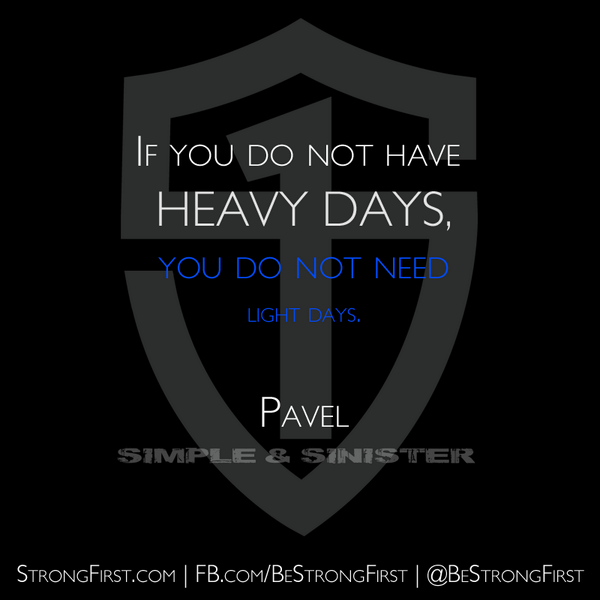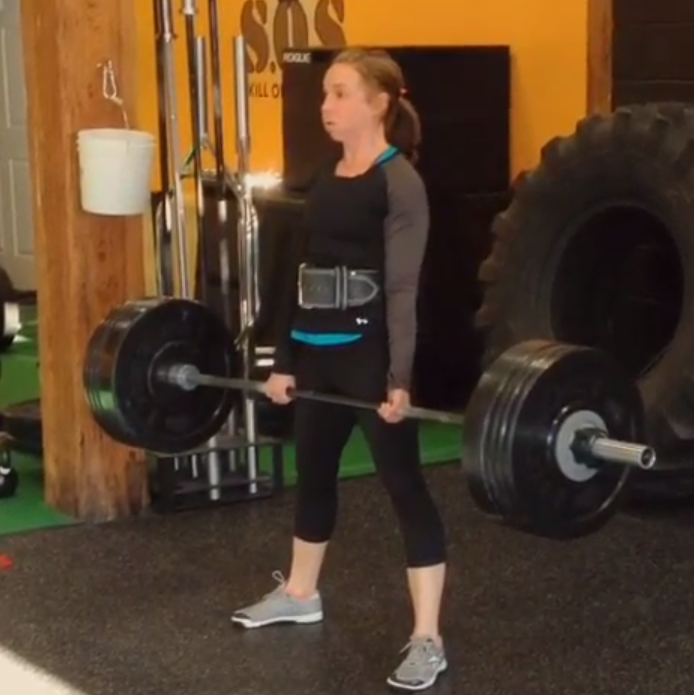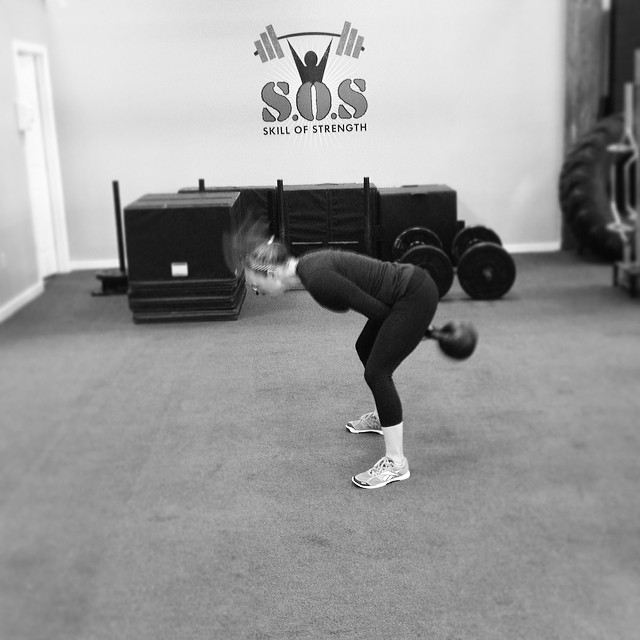Are deload weeks necessary? We live in a society where we go go go and view more as better. So how on earth are you supposed to take me seriously when I say that you may need to do LESS in order to get stronger? Hear me out…
I often have clients ask why they could bench or deadlift a certain weight last week with ease, but this week they are having trouble with less weight on the bar. Sometimes it’s just a random case of a weak or tired day, but often times it’s a sign that you may be overreaching, which can lead to overtraining.
Let’s face it…exercise can be addicting. It can be hard to remember you don’t get stronger from lifting weights. You get stronger while you’re recovering from lifting weights. Rest, friends, is truly a beautiful thing.
The truth is, you can’t perform at maximum output forever. You’re gonna get stuck. Your body and your muscles get tired. You need time to heal up. Building muscle {and burning fat} is taxing on your body. Without incorporating regular rest days and deload weeks, your chance of injury is higher and your risk of overreaching and eventually, overtraining increases. Furthermore, you may never experience your true strength potential as you’ll most likely lose motivation, feel tired or get sick much more often. Basically, your body will force you to take time off instead of you calling the shots and taking some pre-emptive heal-up time!
So then, when should you include these deload weeks? I recommend taking a de-load week once every six weeks or so, more if you’re older, your body and joints have been getting sore or if you have been lifting weights for a long time. (If you’re a beginner, you are most likely not giving your body as much of a beating so you may not need as much rest.)
As Pavel says, if you don’t have heavy days, you don’t need light days. 🙂
Before you start stressing about what you are going to do when you can’t lift heavy things for a week, keep in mind that deload weeks don’t mean you have to be a couch potato for a week. You can still MOVE your body. Heck, you can even still lift weights. The point is just to stay away from anything that causes your body to need lots of recovery.
There are a few different trains of thought on deload weeks, but generally you either take a week to focus on active recovery or you can continue to lift, but cut your volume (sets and reps) and/or the weight you use by about 30-50%.
For me right now, I think incorporating a deload week about every six weeks works well. I just finished a six week strength cycle where I PR’d on my deadlift (finally 200lb!) and bench press. My body started feeling tired and I even tweaked my back slightly. It was time for some rest and recovery after building up my strength for 6 weeks!
What did I do during my deload week last week? I trained every other day, taking a rest day in between each session. I worked on kettlebell swings and bodyweight exercises like pushups. I pushed sleds (not super fast or particularly heavy), spent a little extra time with the foam roller, rode the bike and did a few days of light interval training. Nothing fancy, but sweat inducing and mind-calming.
As someone who tends to stick to a training program, it was kind of refreshing just going with the flow last week. (And speaking of the flow…some women do well scheduling de-load weeks around the time of menstruation when you’re body is more tired/more susceptible to injury.)
This week I’m ready to hop back on the heavy lifting train and kick butt for another 6 weeks.
So what should you do?
First thing is first…if you’re training hard/lifting heavy, embrace rest days. Take at least 1-2 full rest days. Use these days to do some additional food prep, or engage in some non-exercise related movement. {Side note: I REALLY miss walking outside with CJ! Warm weather…I’m ready!}
Start planning ahead to figure out when you will incorporate your next de-load week. Having an injury and being forced to rest does not count. Try to be pre-emptive here and keep the injuries away. You should experiment a bit with deload weeks and see how they work for you. You may need one every 4 weeks or if you’re a beginner, maybe you only need one every 10-12 weeks.
Getting stronger and more fit is a life-long journey…it takes hard work and patience! Don’t be afraid to do a little trial and error with your training program to see what works best for you in your current situation. What works now may not work later. What worked before may not work now. It’s okay to adapt based on where you’re at in your life and what kind of goals you are chasing!
Enjoy the journey and stop trying to make it a sprint to the end!
Do you ever incorporate de-load weeks into your plan? Think you may want to try this?





Leave a Reply